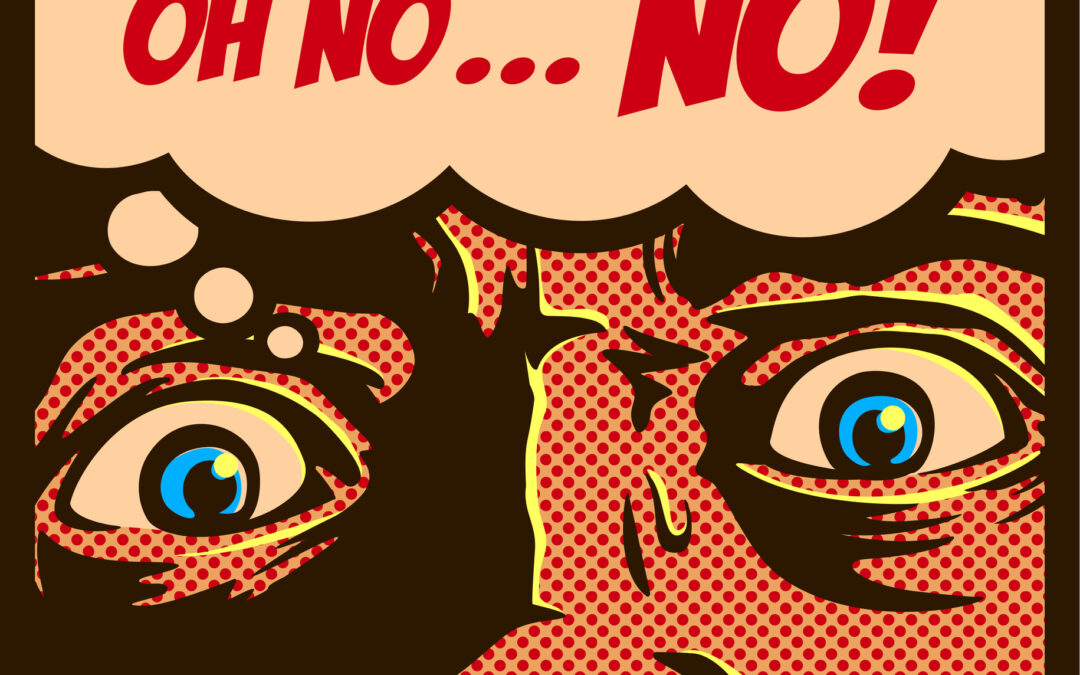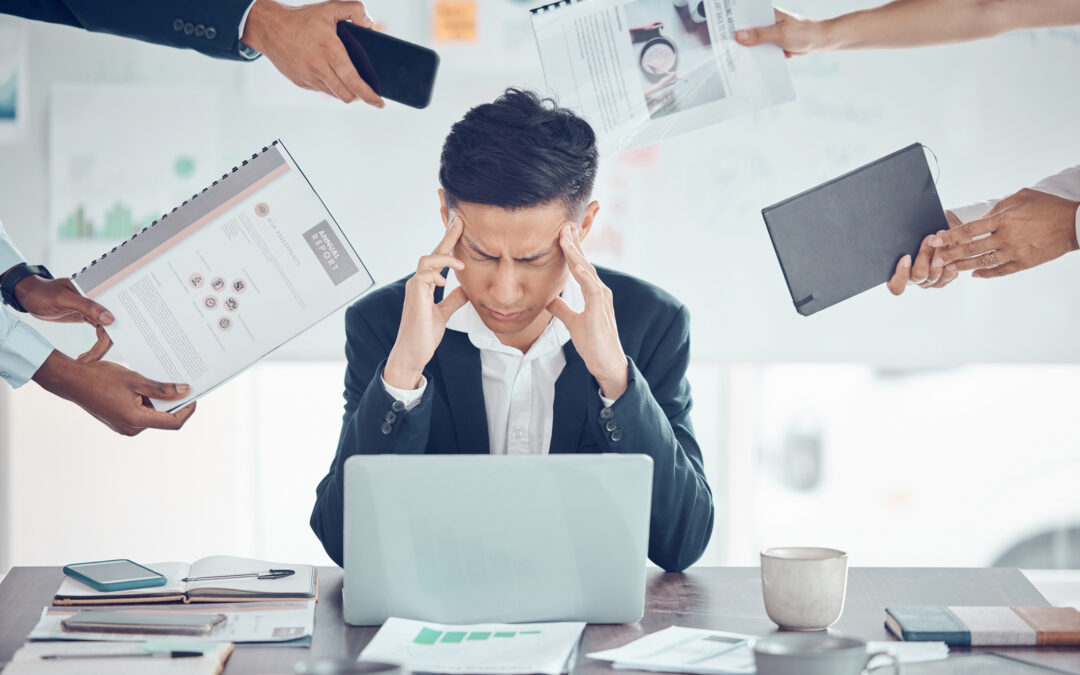In today’s fast-paced world, the pressure to excel professionally often comes at the cost of our mental and physical well-being. Anxiety, a common companion in this journey, can lead to burnout if left unchecked. Burnout is not merely feeling tired or stressed; it’s a state of emotional, physical, and mental exhaustion caused by prolonged stress or excessive workload. As a mental health counselor, I’ve witnessed firsthand the detrimental effects of burnout on individuals’ lives. In this article, we’ll explore the risk factors for burnout, examine how our work-obsessed culture contributes to it, and discuss five essential strategies for finding balance and preventing burnout.
Understanding Burnout: Recognizing the Signs
Anxiety often serves as a precursor to burnout, signaling that something isn’t right. Persistent feelings of overwhelm, exhaustion, and cynicism towards work are typical signs. Physical symptoms like headaches, sleep disturbances, and digestive issues may also manifest. Ignoring these signs can exacerbate anxiety and lead to burnout.
The Impact of Capitalistic Culture
Our society often glorifies overwork and equates self-worth with productivity. This relentless pursuit of success can foster a toxic work environment, perpetuating anxiety and stress. The pressure to constantly perform and meet unrealistic expectations fuels the cycle of burnout. As a result, individuals may neglect their well-being in favor of career advancement, inadvertently sacrificing their mental health in the process.
Risk Factors for Burnout
Several factors increase the likelihood of experiencing burnout:
- High Workload: Excessive demands and tight deadlines can overwhelm individuals, contributing to anxiety and burnout.
- Lack of Control: Feeling powerless or micromanaged at work can amplify feelings of anxiety and stress.
- Poor Work-Life Balance: Difficulty disconnecting from work and maintaining boundaries between professional and personal life can lead to chronic stress.
- Lack of Social Support: Isolation and a lack of supportive relationships can exacerbate feelings of anxiety and burnout.
- Perfectionism: Striving for unattainable standards can create undue pressure and contribute to anxiety and burnout.
- Compulsive Tech Checking: Compulsively phone or email checking often coincides with work-related anxiety.
Strategies for Finding Balance
- Set Boundaries: Establish clear boundaries between work and personal life. Designate specific times for work-related tasks and prioritize self-care activities outside of work hours. Reassess your relationship with technology and take intentional tech breaks.
- Practice Self-Care: Prioritize activities that promote relaxation and rejuvenation, such as mindfulness, meditation, hobbies, and spending time with loved ones.
- Seek Support: Cultivate a strong support network of friends, family, or colleagues who can offer encouragement and understanding during challenging times.
- Manage Time Effectively: Break tasks into manageable chunks, prioritize responsibilities, and delegate when possible. Avoid overcommitting and learn to say no when necessary.
- Cultivate Resilience: Develop coping strategies to manage stress and adversity effectively. Build resilience through practices like positive self-talk and reframing challenges as opportunities for growth.
Recognizing the Need for a Leave
Sometimes, despite our best efforts to prevent burnout, it becomes clear that a break from work is necessary for our well-being. Signs that you may need to take a leave include persistent physical symptoms, such as chronic headaches or digestive issues, worsening anxiety or depression, and difficulty concentrating or making decisions. If you find that your work performance is suffering, or if you’re experiencing frequent conflicts with colleagues or clients, it may be time to prioritize your mental health and take a step back from work.
Nurturing Well-Being in a Competitive World
In a society that often prioritizes productivity over well-being, it’s essential to prioritize self-care and establish boundaries to prevent burnout. By recognizing the signs of anxiety and taking proactive steps to address them, individuals can cultivate a healthier relationship with work and find balance in their lives. Remember, your worth is not defined by your productivity, and prioritizing your well-being is not selfish—it’s necessary for sustainable success and fulfillment. So, take a moment to pause, breathe, and nurture your mental health. Your future self will thank you for it.
If you’re looking for a counselor to help you find work/life balance, contact us today to schedule an appointment.

3 Unconventional Ways to Stop a Panic Attack
Panic attacks feel different for everyone, but typically include sensations like a pounding heart, sweating, a feeling of terror, constricted or rapid breathing, and feeling as though the room is closing in on you or spinning. Regardless of how they present, a...

Deep Breathing: Why Do It?
If you have ever felt frustrated by being told to just "take a deep breath" when you are feeling angry or anxious, you aren't alone. It's difficult to heed this advice when, in the moment, the mind and body are distracted or dysregulated. The adage of "just breathe"...

The 12 Best Mental Health Apps
Modern technology can be an amazing supplement to professional counseling. Check out these 12 Apps that come recommended for recovery from depression, eating disorders, PTSD, insomnia, and anxiety. DEPRESSION RECOVERY APPS 1. TalkLife (online support tool)...

7 Skills to Try When You Feel “Overwhelmed”
Have you ever felt completely overcome by an intense emotions? Have feelings at times felt challenging to manage and overcome? The experience of being “overwhelmed” is uncomfortable and impactful in your life at work, home, or school. Defining "Overwhelm" Emotional...

Exposure and Response Prevention for Effective OCD Treatment
Exposure and Response Prevention (ERP) is a form of Cognitive Behavioral Therapy (CBT) that involves purposefully exposing yourself to feared stimuli or situations in order to learn a new way of responding to them. If you struggle with OCD, this explanation of...

